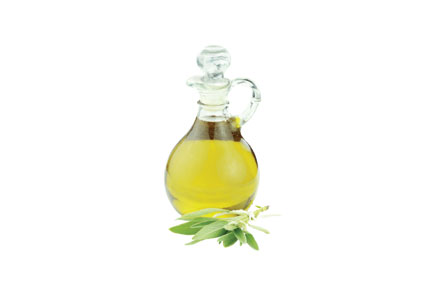Researchers from the Universities of Seville and Malaga in combination with The Institute of Science Technology, Food and Nutrition and experts from the National Research Council (CSIC) have studied the preparation of potent antioxidants, nitrocatechols, from hydroxytyrosol found in alperujo. The investigation focused specifically on the use of such products in functional foods and in the secondary application of Parkinson’s treatment.
Hydroxytyrosol is found naturally in olive trees in the form of the complex molecule oleuropein. However, during the oil extraction process, the majority passes into waste products, with only about one percent remaining in the olive oil. Although only present in minute quantities, this small amount is enough to preserve olive oil in storage for up to a year, illustrating the potent antioxidant effect of the substance.
More than four million tons of alperujo are produced annually in Andalusia, providing a huge potental source for these antioxidant molecules. However, the extraction process is complicated and needs further refinement to pinpoint the specific molecules required for the use in Parkinson’s treatment. Currently, there are treatments for Parkinson’s disease using nitrocatechols as inhibitors of an enzyme involved in the metabolism of dopamine, the deficiency of which causes Parkinson’s.
The process used to extract nitrocatecoles is complex, and involves stages carried out by various teams in the participating organisations. A purification process patented by the Institute of Fats is used to render hydroxytyrosol found in the alperujo fat soluble. This is then passed on to the Department of Organic Chemistry and Pharmacy and the Department of Biochemistry and Molecular Biology at the University of Seville for extraction of nitrocatechols.
These are then passed on to the Institute of Science and Technology, Food and Nutrition, where their biological activity and potential for application in functional foods is studied. They are also returned to the Institute of fat, where they are added to various oils and their activity is compared with that of other antioxidants. The University of Malaga also receives these processed compounds and is responsible for the evaluation of the cardio-protective and neuro-protective effects of the antioxidants.
Although this research shows potential and the inhibitory effect of nitrocatechols can be demonstrated and backed by a number of studies, a huge number of further pharmacological and clinical studies would be required before any new drug could be released to the market. Therefore the use of this compound therapeutically is not likely to happen in the very near future.
From the May 25, 2012, Prepared Foods’ Daily News
